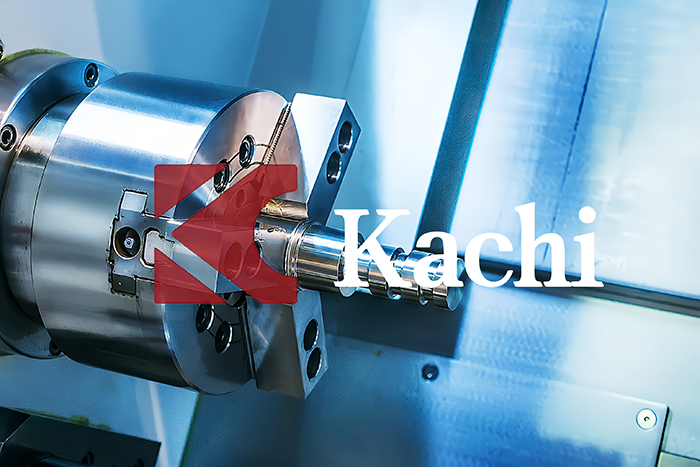By subscribing, you agree to our Terms of Use and Policies You may unsubscribe at any time.
Computer Numerical Control (CNC) machining has revolutionized the manufacturing industry. It is a process in which pre-programmed computer software controls the movement of factory tools and machinery, enabling the production of complex parts with high precision and accuracy. The process can control a range of machinery, from grinders and lathes to mills and CNC routers, making it suitable for various manufacturing applications. Machining Aerospace Parts

The CNC machining process starts with a design or blueprint of the part that needs to be manufactured. This design is then translated into a set of instructions that are fed into the CNC machine's computer system. The instructions typically specify the tool's movement along the X, Y, and Z axes, the tool's speed, and the depth and angle of the cut.
One of the most significant advantages of CNC machining is its ability to produce parts with high precision and accuracy consistently. The process eliminates the human error that is inherent in manual machining, making it ideal for manufacturing parts that require a high degree of precision, such as those used in aerospace and medical industries.
The CNC machining process also allows for the automation of manufacturing, reducing the need for manual labor and increasing efficiency. CNC machines can work continuously, producing identical parts with consistent quality, making them ideal for high-volume production runs.
The use of CNC machines has also opened up new possibilities in design and manufacturing. CNC machines can produce complex shapes and contours that would be difficult or impossible to achieve with manual machining. The engraving skills of Mill and Multi-Axis CNC machines are dazzling, enabling the creation of intricate designs and patterns.
The CNC machining process is not without its challenges, however. The cost of CNC machines is typically higher than manual machines, making them less accessible to small manufacturers. Additionally, the complexity of the software used to program CNC machines requires skilled technicians to operate and maintain them.

Milling Components Despite these challenges, CNC machining has become a vital part of the manufacturing industry, enabling the production of high-quality, complex parts with speed and efficiency. The technology continues to evolve, with new advancements in software, hardware, and automation that promise to further revolutionize the industry in the years to come.